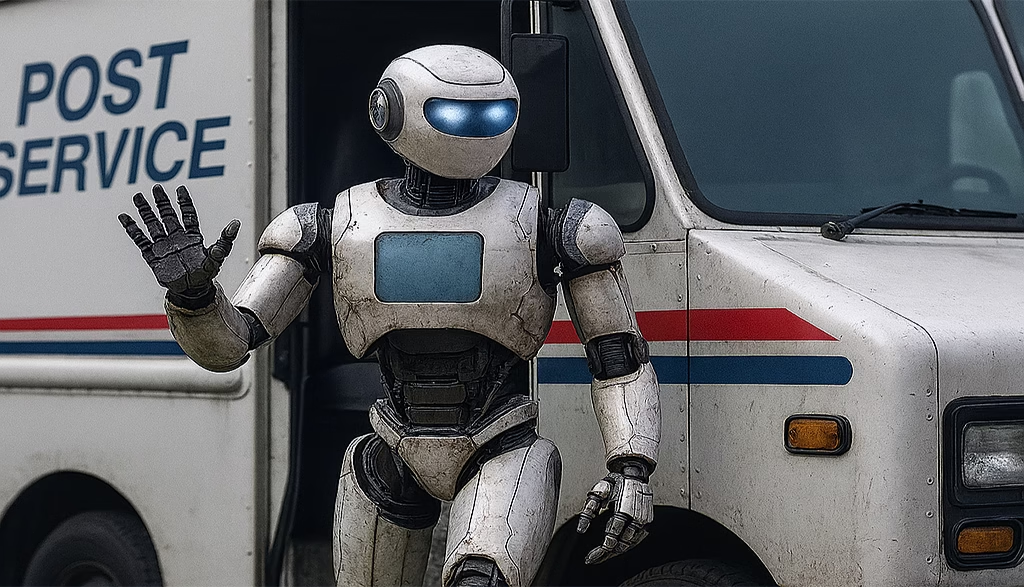Reading Time: 2 minutes
Content
Introduction
Are we losing control over the technologies we create? Although this question has been asked for decades, it feels increasingly pressing in today’s context. The rapid pace of technological advancement often outstrips our capacity to adapt. While some view these developments as signs of progress, others warn of existential threats. The core discussion is not about whether automation is inherently good or bad but rather how we can ensure its alignment with human values and priorities, posing the puzzle of whether automation is seen as a threat or opportunity for our society.
The Progress Paradox: The Double Edge of Automation
Automation has been a trusted partner since the Industrial Revolution. Today, technologies like artificial intelligence (AI), robotics, and quantum computing have completely transformed its scope. The advantages are clear:
- Radical efficiency: Collaborative robots in factories and diagnostic algorithms in healthcare reduce errors and cut costs.
- Democratized knowledge: Educational platforms in Latin America increased enrollment by 30% between 2020 and 2025—but is access truly universal?
- Revolutionized health: CRISPR and wearable tech save lives, yet remain financially out of reach for many.
Nonetheless, progress is never neutral; every breakthrough inevitably casts a shadow.
- Widening gaps: 85 million jobs will vanish by the end of 2025 (World Economic Forum), and while 97 million new roles may emerge, many will be left behind by developments in automation: does it represent a threat or opportunity?
- Eroded privacy: Big data and facial recognition have turned our lives into marketable assets.
- Mental health crisis: Social media addiction and fake news undermine our ability to think critically.
The Risks We Aren’t Discussing
As we celebrate innovation, we often ignore deeper questions, such as whether automation serves as a threat or opportunity in various aspects of life: Is it an opportunity to advance or more of a threat?
- Who controls the algorithms? Automated decisions in banking and hiring already discriminate—often invisibly.
- Sustainability or planned obsolescence? E-waste is the dark side of our tech consumption.
- Are we losing our humanity? Automation can optimize tasks, but what about creativity, empathy, and randomness—the traits that make us human?
Creating a Future That’s Responsible, Not Just Intelligent
Technology isn’t fate—it’s a mirror of our decisions. To create a just and ethical future, we need to take action on three critical fronts:
- Regulation with teeth: Voluntary ethics aren’t enough. We need global laws that audit algorithms and protect digital rights.
- Education for uncertainty: Teaching code is vital, but so is teaching skepticism, adaptability, and critical thinking.
- Purpose-driven innovation: Let’s prioritize technologies that solve real problems—climate change, inequality—over those that chase profit alone.
Conclusion: Tools or Masters?
Historian Yuval Noah Harari cautions that the real threat isn’t technology itself, but our failure to handle it responsibly. Technology reflects our priorities rather than determining our future. Will we choose to use AI for surveillance or for curing diseases? Will automation widen the gap of inequality, or will it create pathways to equal opportunities? The debate ongoing about whether automation is a threat or an opportunity is critical to this decision.
The answer isn’t in the code. It’s in us.
Other Interesting Articles
Artificial Intelligence and the Environment: A Double-Edged Sword – The Natural Memo Times




